We have much more to do and your continued support is needed now more than ever.
12 Wins for Wildlife in 2014 That YOU Made Possible
Sometimes it’s hard to see how one small act can make a difference in this world. How can signing a petition or casting a vote or making a donation save a species?
Let me show you.
In 2014, friends like you joined together with the National Wildlife Federation and our great state affiliates to defend nature’s gifts – our wildlife, our waterways, our treasured natural lands — for now and for generations to come.
And we won! We won victories for bison and bears and meadowlark and mountain lions, and so much more. We won because supporters like you stood up, showed up, spoke up and signed up.
Let’s celebrate these victories together. Here are just a sampling of the inspiring wins for wildlife your support made possible this year.
We are profoundly grateful for your passion and commitment to wildlife.
WIN #1
WILD BISON: Back Where They Belong on Tribal Lands
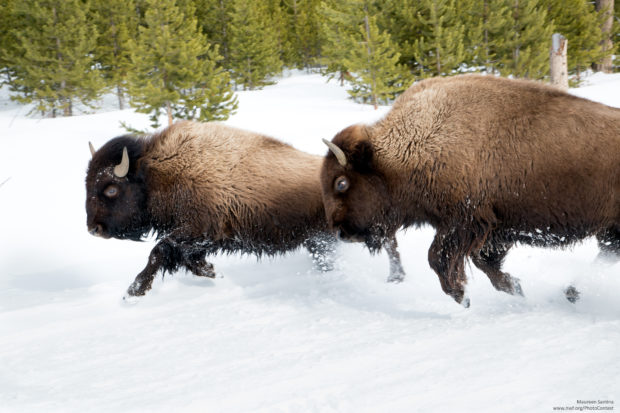
More than any other species, the American bison is a true icon of the prairie wilderness. Found nowhere else on the planet, tens of millions of wild bison used to roam the continent’s vast grasslands.
Then, in the 19th century, bison were slaughtered to the brink of extinction. Their comeback has been agonizingly slow.
In 2014, with support from friends of wildlife like you, we worked closely with the Montana Wildlife Federation and other partners to achieve a stunning breakthrough for wild bison – returning 138 of these magnificent beasts to their historic range on Assiniboine and Sioux tribal lands on Fort Peck Reservation in Montana.
More Wild Bison
Wild Bison’s Long-Awaited Homecoming Continues
Adopt an Icon of the American West: Help Bison Today
WIN #2
ORCA: Dirty Coal Project Stopped!
In August, wildlife advocates, led by our Oregon state affiliate the Association of Northwest Steelheaders, secured a huge win for orcas, trout and many more wildlife in the Pacific Northwest when Oregon Governor Kitzhaber rejected a permit for the Port of Morrow coal export terminal.
The decision severely hinders any future progress on this dangerous project, which would have destroyed crucial fish habitat, polluted critical waterways and accelerated climate change.
More Orca
Black Death: How Coal Exports Threaten Orcas
WIN #3
MOUNTAIN LION: California Habitat Permanently Protected
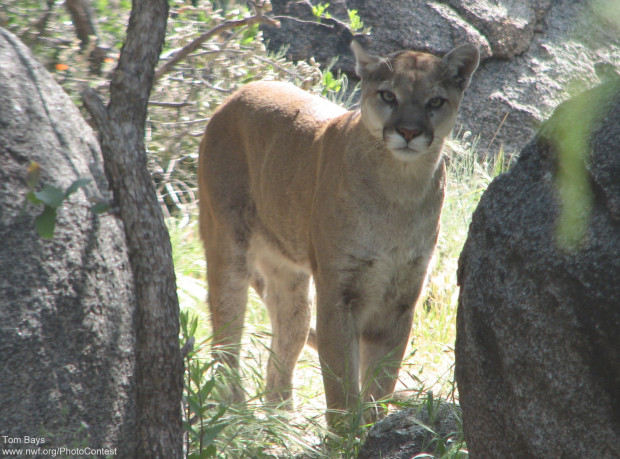
In October, President Obama permanently protected 346,000 acres of wild land in California’s San Gabriel Mountains that provide critical habitat for mountain lions and other wildlife. More than 21,000 National Wildlife Federation friends joined with numerous local organizations to make it happen.
Protecting this amazing range is a homerun for wildlife and all outdoor enthusiasts. The monument designation protects vital wildlife habitat not only for mountain lions, but also other wildlife such as California condors, yellow-legged frogs and Nelson’s bighorn sheep.
Next step for mountain lions: create a wildlife crossing that will provide safe passage near the Santa Monica Mountains, where their natural range is split by a massive, multi-lane freeway.
More Mountain Lion
Good News for Los Angeles Mountain Lions! CalTrans Pursuing Wildlife Crossing
Would You Want to Cross a Freeway in LA? Neither Do Mountain Lions…Let’s Help Them Out
WIN #4
BROWN BEAR & SALMON: Bristol Bay Forever Initiative Passes
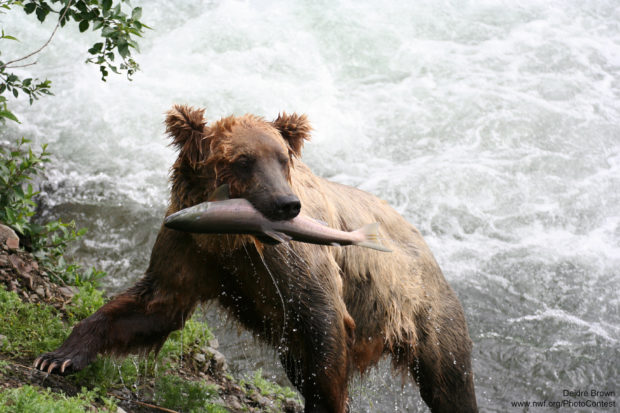
A proposed Pebble Mine in Bristol Bay, Alaska would be the largest open pit mine in North America and cause disastrous, irreversible damage to Bristol Bay, home to the greatest remaining runs of wild sockeye salmon on earth.
Fortunately, voters across Alaska rose up this fall in support of the Bristol Bay Forever Initiative ballot measure, which was led by the Renewable Resources Coalition, our Alaska affiliate. The measure now requires legislative approval and an environmental review and finding of no significant fisheries impact from any mining project in the watershed of the Bristol Bay Fisheries, which provides another layer of protection for this stunning natural resource.
In addition, the U.S. Environmental Protection Agency took steps in February to protect Bristol Bay from the proposed Pebble Mine! Friends of wildlife submitted more than 35,000 comments denouncing the project.
This is all tremendous news for salmon, brown bear and all people who prize our magnificent wild lands.
More Brown Bear & Salmon
Video from the Renewable Resources Coalition: Bristol Bay Treasures
EPA Acts to Protect Salmon from Pebble Mine
WIN #5
MOOSE: No Dirty Tar Sands Oil in Maine
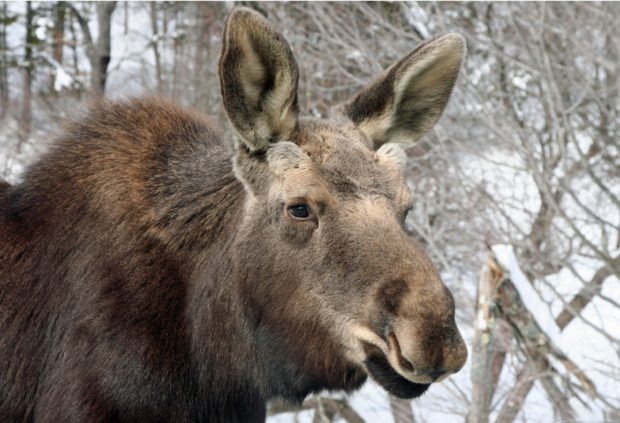
Over the past few years, the oil industry has been quietly advancing plans to ship Canadian tar sands from South Portland, which would include large industrial combustion towers that would spew toxic chemicals in the air, threatening the health of people and wildlife like moose along South Portland’s scenic coast.
Following strong advocacy by the Natural Resources Council of Maine, our state affiliate, in July, the South Portland, Maine, City Council passed an ordinance that would prohibit toxic tar sands oil from being loaded onto tankers in this coastal port.
This victory shows that the persistent efforts of tens of thousands of wildlife advocates like you, who are saying NO to tar sands, are paying off!
More Moose
Big Oil’s Plans for Tar Sands in New England
Tar Sands Vote in Maine Shows Communities Can Stand Up for Wildlife and Win Big
WIN #6
GREAT BLUE HERON: New Jersey Approves Funding to Protect Wildlife Waterways
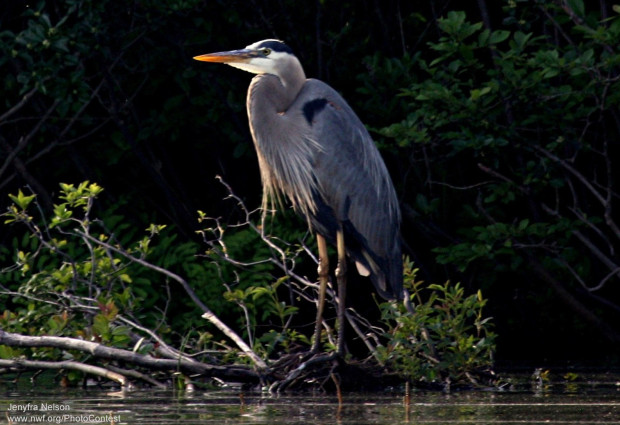
In November, New Jersey voters said yes to Public Questions 2 – the New Jersey Open Space Preservation Funding Amendment with staff from our state affiliate, New Jersey Audubon helping to lead the way. The measure dedicates state funds to protect the state’s clean drinking water, open spaces, farmland and historic sites, as well as improve water quality and clean up polluted sites across the whole Garden State.
The measure is a win-win for New Jersey voters and the wildlife like great blue heron that need healthy waterways to survive.
More Great Blue Heron
Photo of the Day: Great Blue Heron with a Great Fish
From New Jersey Audubon: Wildlife Conservation
WIN #7
MANATEE: Funding Approved for Habitat Restoration
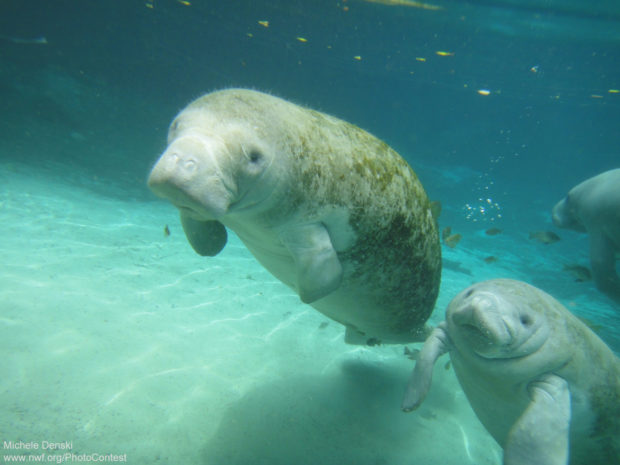
Florida manatees have fascinated people for centuries, from early sailors thinking they were mermaids, to families visiting everglades today. But pollution and coastal development are damaging their habitat.
In November, Florida conservation voters secured a victory for manatees and other wildlife with the passage of Florida Amendment 1, placed on the ballot by the signatures of nearly one million concerned Floridians. This would not have happened without the strong support of the Florida Wildlife Federation.
The initiative will provide more than 15 billion dollars of dedicated funding to restore the Everglades, protect drinking water sources, and revive the state’s historic commitment to preserving natural lands and wildlife habitat.
More Manatee
Toxic Algae: Florida’s Manatee Crisis
From the Florida Wildlife Federation: Historic Amendment One Passes at the Ballot Box
WIN #8
MEADOWLARK: Congress Passes Wildlife-Friendly Farm Bill
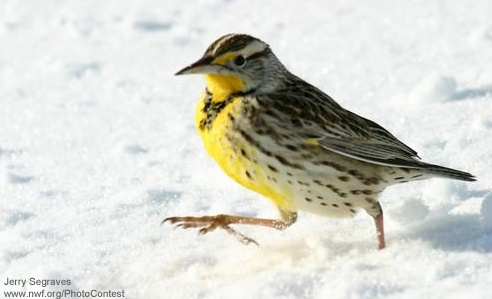
Meadowlarks, vibrantly colored songbirds, build their nests and forage for food in native grasslands, meadows, and farm fields during the winter.
And now, farmers can help them!
In February, after years of persistent effort by tens of thousands of wildlife advocates and dozens of National Wildlife Federation affiliates, Congress passed a new farm bill that provides huge wins for wildlife. The 2014 Farm Bill is a strong, conservation-friendly bill that supports healthy soil, clean water and abundant habitat for wildlife. It contains a substantial increase in funding to help farmers create wildlife habitat on working lands and important improvements for protecting our fragile native grasslands.
This victory shows the tremendous impact you make for wildlife.
More Meadowlark
The New Farm Bill is a Major Win for Wildlife
WIN #9
CARIBOU: Keystone XL Pipeline on Hold
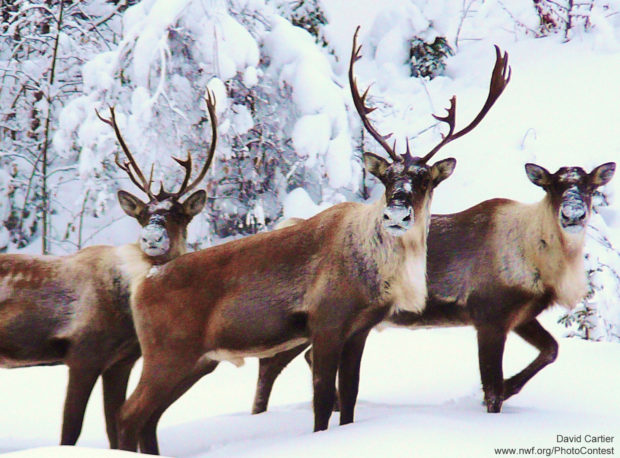
Adapted to live in wintry climes, caribou have snowshoe-like hooves and antlers that they use to shovel aside snow to reach the caribou moss and lichen beneath.
Sadly, the caribou herds in the tar sands area are at great risk from the loss of their boreal forest habitat to development, timber cutting and tar sands oil projects destroying the landscape. The massive Keystone XL tar sands pipeline threatens what remains of their fragile habitat.
Thanks to advocates like you, Keystone is on hold.
In April, Secretary of State John Kerry delayed a decision on the Keystone XL pipeline, citing the need for more clarity on the project’s route. There is no doubt that the comments submitted from tens of thousands of conservationists like you made the difference.
This fight is not over. The battle will surely flare up and intensify again in 2015.
More Caribou
Wildlife in Peril: Nine Species in the Tar Sands War Zone
Keystone XL Tar Sands Pipeline Decision Delayed Again
WIN #10
DEER: New Safeguards in Place
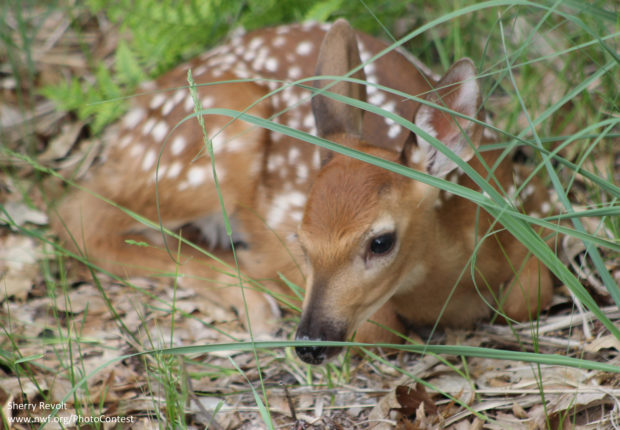
Heading outdoors to spot a white-tailed deer is a cherished past-time for many Missouri citizens, but a deadly epidemic of chronic wasting disease threatens free-ranging herds. Yet some legislators in Missouri proposed to reclassify captive deer as livestock. Yes, livestock like cows. Missouri Governor Nixon vetoed the measure, but the legislature tried to overturn his veto. If it wasn’t for the tireless fight of the Conservation Federation of Missouri, our state affiliate, which helped stop the legislature from overriding the veto, deer populations across Missouri would be at greater risk of disease.
Further, after hearing from more than 40,000 friends of wildlife like you, officials voted unanimously to strengthen safeguards that help protect wild deer and elk from disease in Missouri.
While this fight is far from over, our support of wildlife has helped curb the spread of this fatal disease.
More Deer
From the Conservation Commission of Missouri: Deer Regulations Stay with Department of Conservation
From the Conservation Commission of Missouri: Action to Protect Deer
WIN #11
SCREECH OWL: Thousands of New Trees Provide Homes and Food for Wildlife
Trees throughout America are rapidly disappearing right now, leaving wildlife like screech owls without cavities to nest in. Known for their distinctive trill, screech owls are found most anywhere deciduous trees are found. However, these adorable little owls cannot survive if all the trees in a locale disappear.
Fortunately, screech owls will return to reforested areas. That’s why we’re proud to sponsor community tree plantings throughout America.
This year, supporters like you helped us plant nearly 20,000 new native trees, each a refuge for wildlife. Hoot hoot!
More Screech Owl
Creating a Habitat for Screech Owls
WIN #12
GOPHER TORTOISE: Garden for Wildlife Volunteers to the Rescue
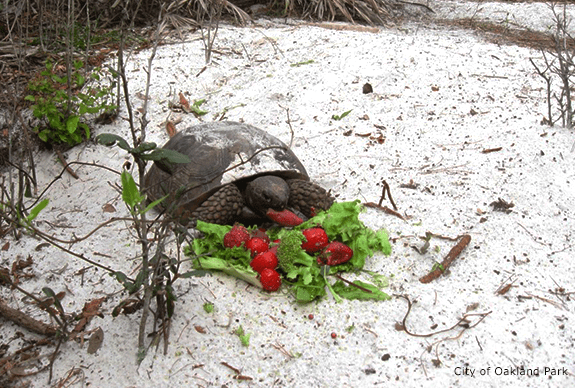
Gopher Tortoises have roamed the Earth for somewhere between 500,000 and 2 million years. Habitat loss and other threats caused their numbers to diminish in the last few decades, and today they are listed as a federally threatened species in Louisiana, Mississippi and part of Alabama. The State of Florida considers them threatened as well.
Enter the NWF Community Wildlife Habitat Team for Oakland Park, Fla.
This group of volunteers has worked successfully with the City Council to create a habitat for adopted gopher tortoises at the Lakeside Sand Pine Preserve. In addition, volunteers have educated children and youth through NWF’s Schoolyard Habitats program and created more than 150 wildlife habitats and gardens at schools, homes and businesses.
We’re happy to report the Sand Pine Preserve tortoise family is growing – a new juvenile burrow has been spotted by NWF volunteers – and that the city just achieved its certified Community Wildlife Habitat status.
More Gopher Tortoise
Threatened Gopher Tortoises Benefit from Florida Community Wildlife Habitat
Garden for Wildlife
Longleaf Pine Forest Revival

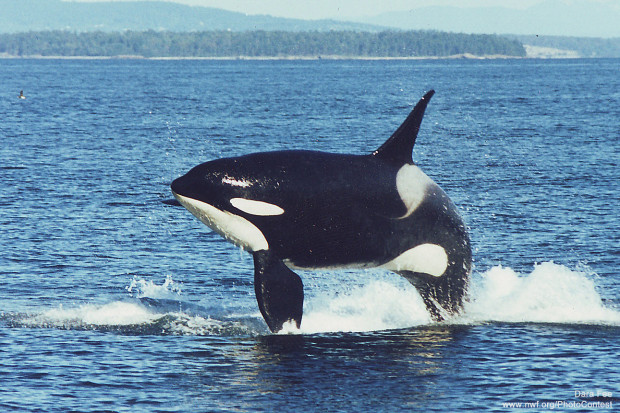
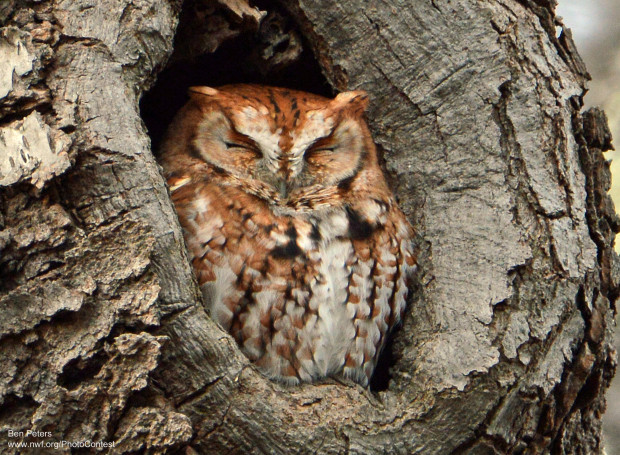



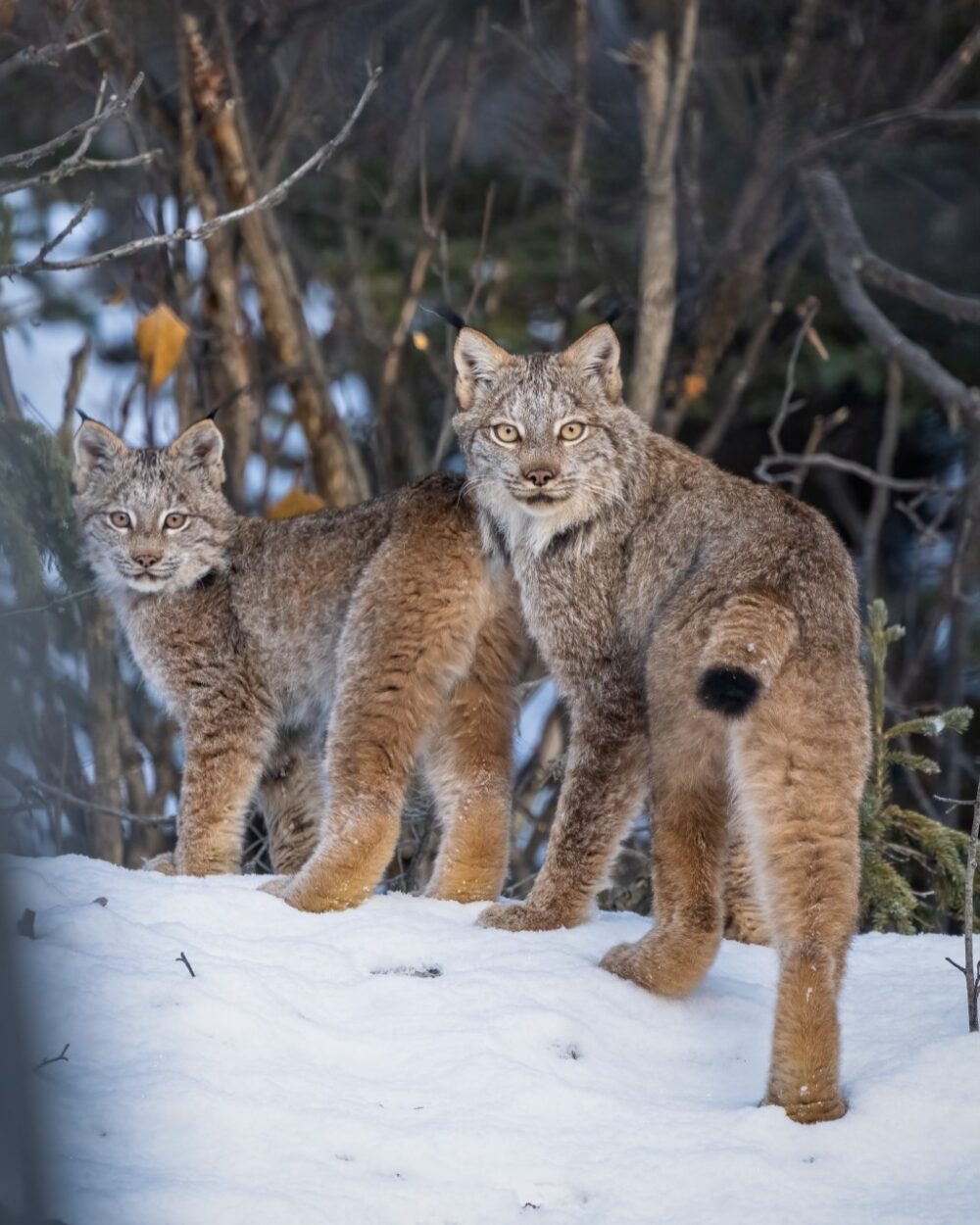
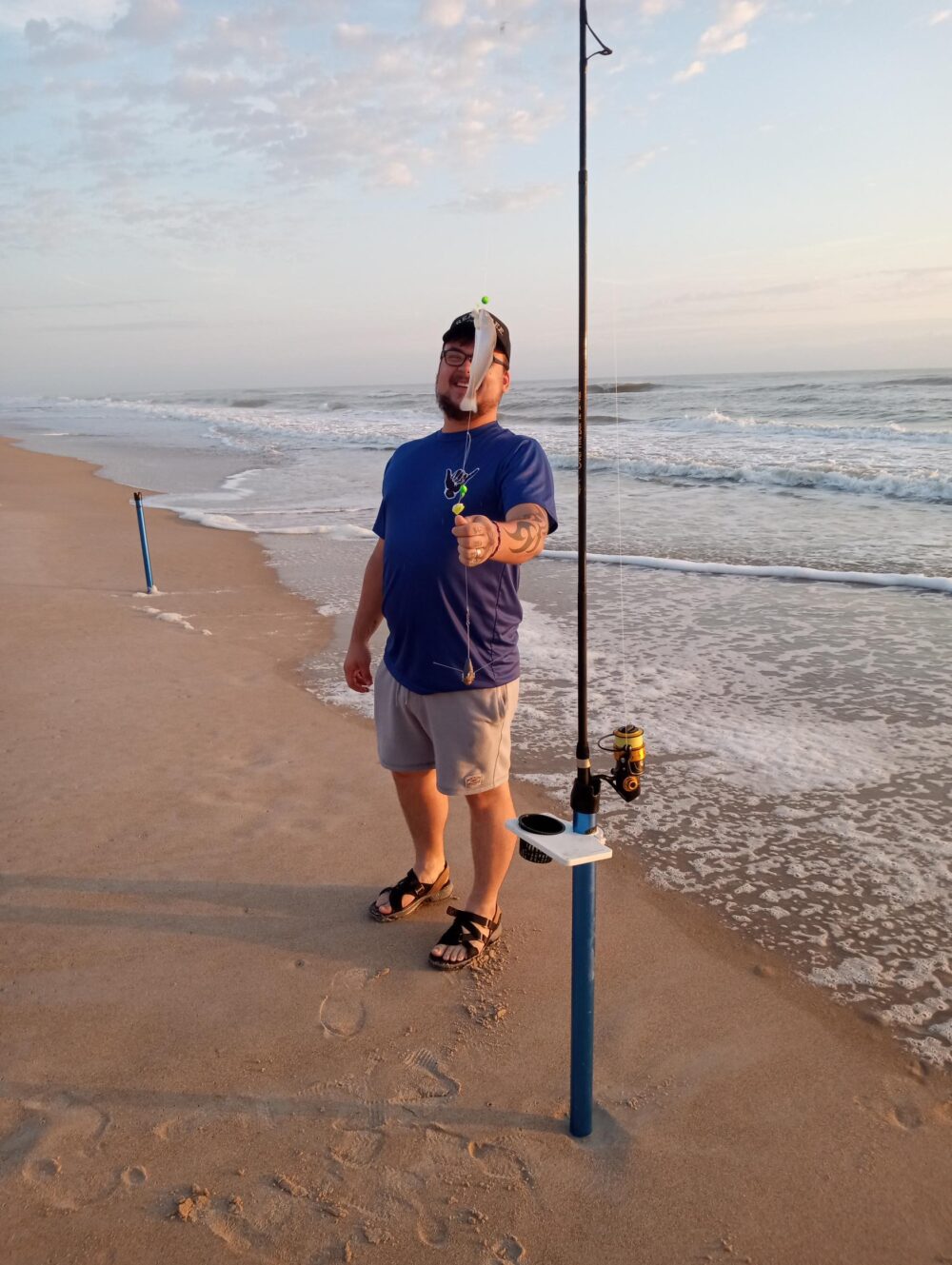
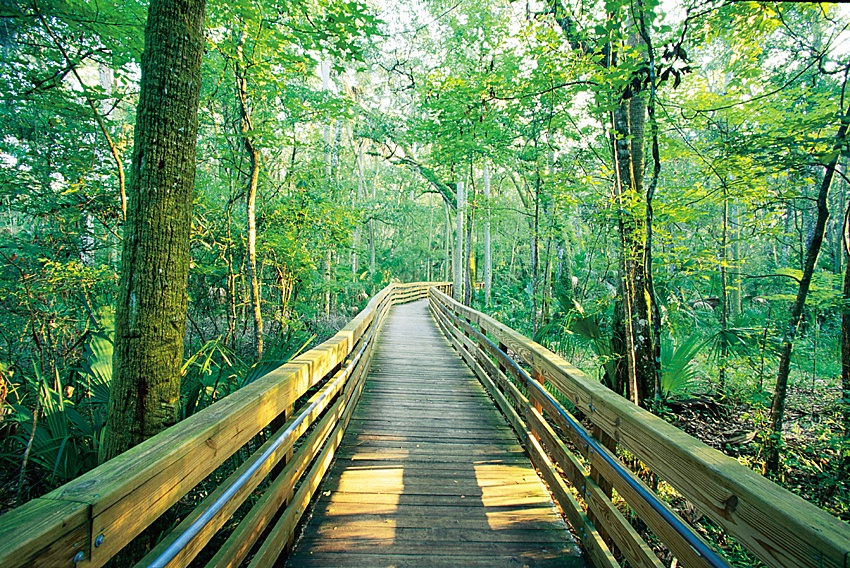




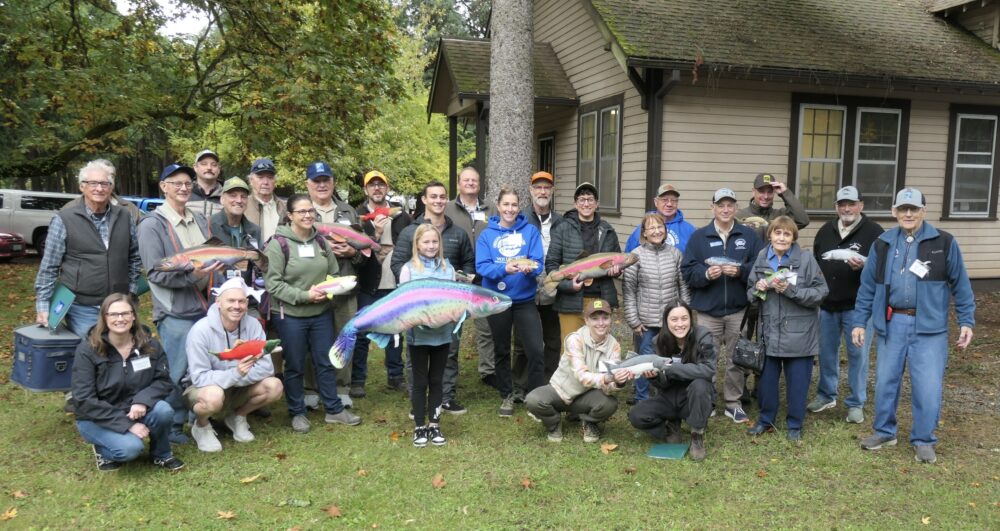



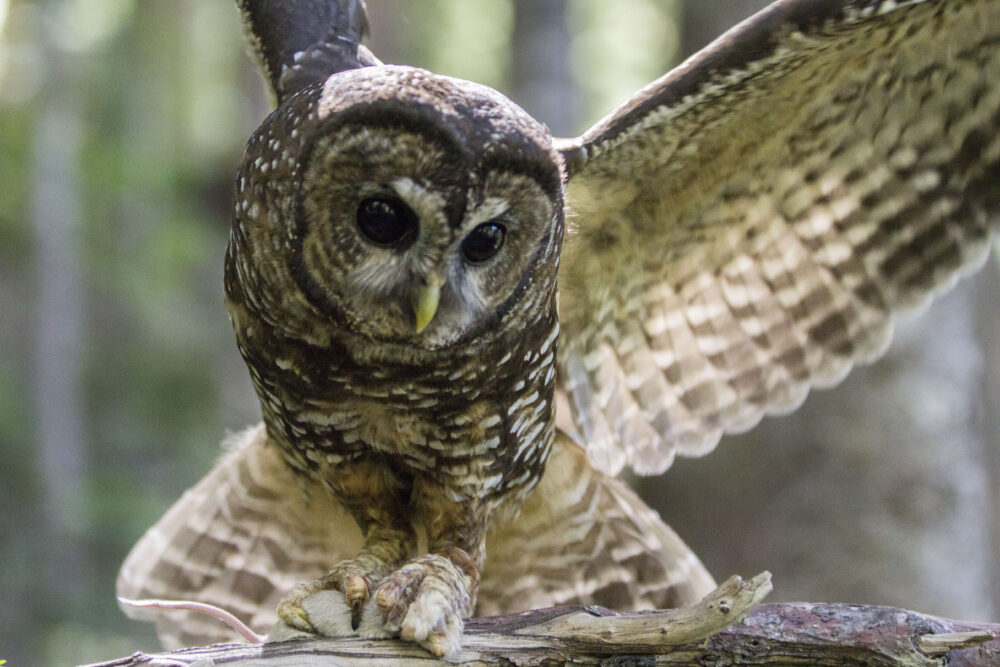
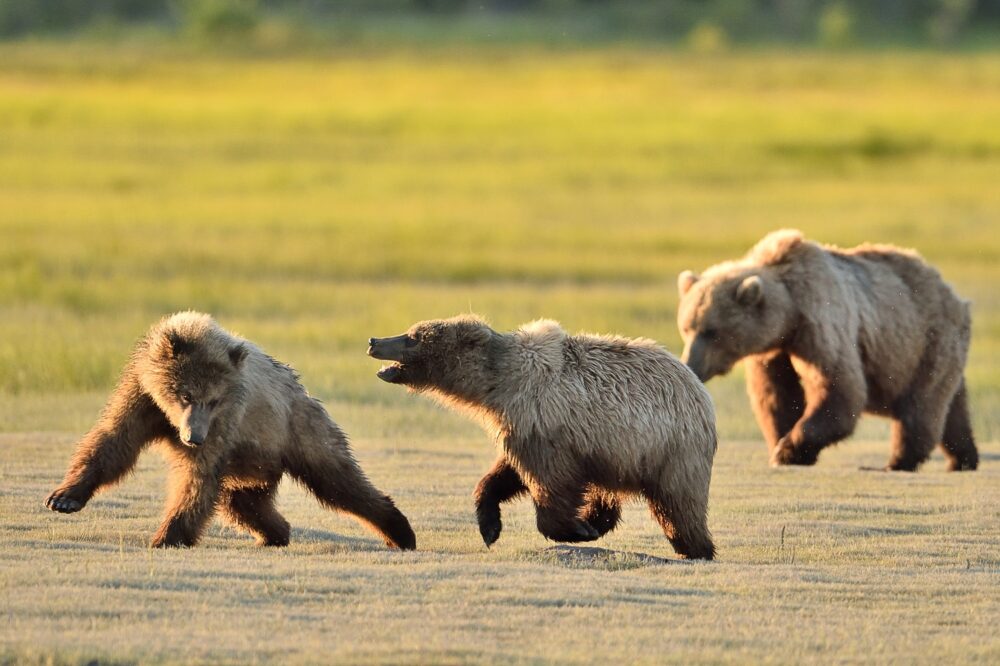
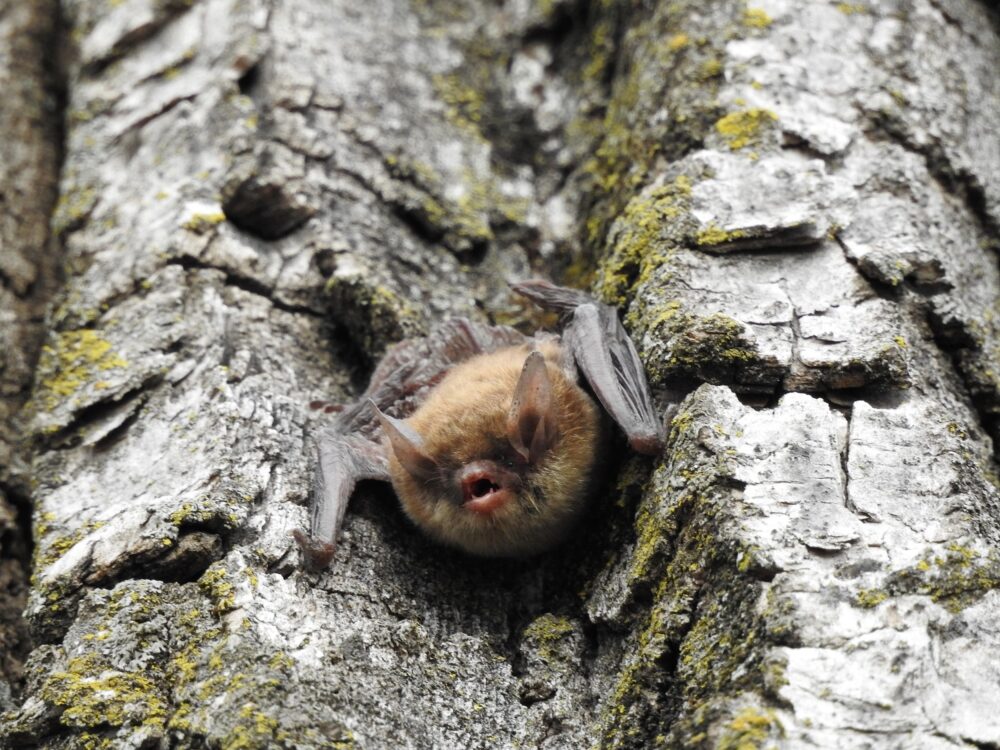
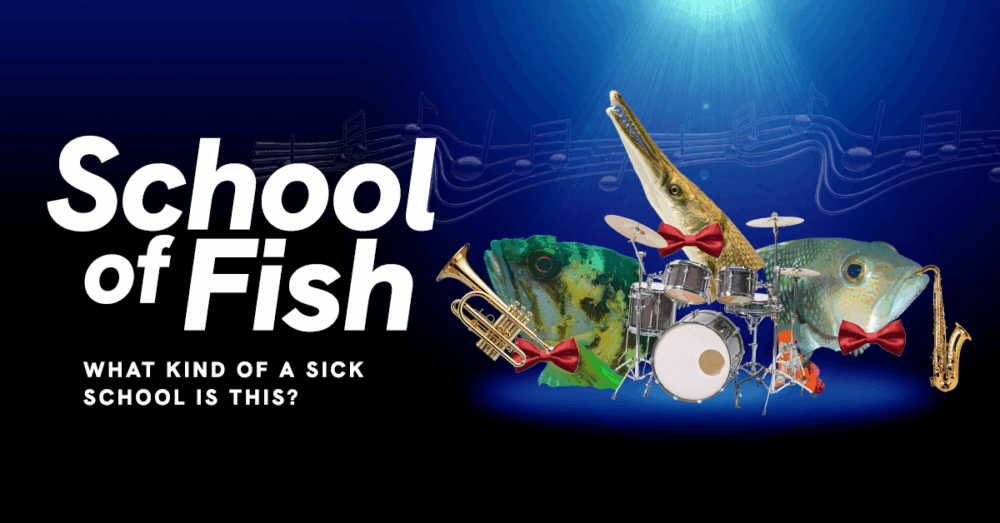



Building Momentum: What’s Next for Beaver Conservation in Colorado